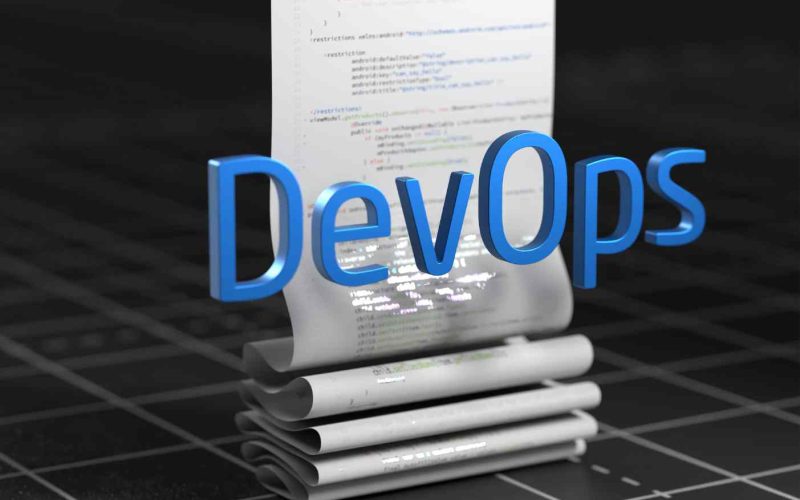In the fast-paced world of software development, the traditional siloed approach between development and operations teams often led to delays, inefficiencies, and misalignments. DevOps emerged as a response to these challenges, bridging the gap between these two critical functions to enable faster, more reliable, and higher-quality software delivery.
What is DevOps?
DevOps is a set of practices and philosophies that aim to unify software development (Dev) and IT operations (Ops) into a single, cohesive team. It emphasizes collaboration, communication, and automation to streamline the software development lifecycle, from planning and coding to deployment and maintenance.
Why is DevOps Important?
In today’s competitive digital landscape, businesses need to deliver software quickly and reliably to stay ahead of the curve. DevOps addresses these needs by:
Reducing development cycles: By automating repetitive tasks and fostering collaboration, DevOps teams can release software updates more frequently.
Improving software quality: DevOps practices promote continuous integration and testing, ensuring that software is thoroughly tested and bug-free before deployment.
Enhancing infrastructure reliability: DevOps teams proactively monitor and manage infrastructure, preventing downtime and ensuring system stability.
Where is DevOps Used?
DevOps principles and practices are applicable across various industries and organizations, including:
Software companies: DevOps is crucial for software companies to deliver products rapidly and adapt to changing market demands.
Financial institutions: DevOps helps financial institutions maintain the security and stability of their mission-critical systems.
Retail and e-commerce: DevOps enables retailers to respond quickly to customer needs and optimize their online platforms.
Manufacturing and industrial automation: DevOps facilitates the development and deployment of complex industrial control systems.
Essential Languages and Tools for DevOps
DevOps practitioners utilize a variety of programming languages, tools, and frameworks to achieve their goals. Some common languages and tools include:
Programming languages: Python, Bash, Ruby, Shell scripting
Configuration management tools: Ansible, Chef, Puppet
Containerization tools: Docker, Kubernetes
Continuous integration/continuous delivery (CI/CD) tools: Jenkins, GitLab CI/CD, GitHub Actions
Monitoring and logging tools: Nagios, Prometheus, Grafana
Learning and Upskilling Opportunities
The demand for DevOps professionals is growing rapidly as organizations adopt DevOps practices. Numerous resources are available to help individuals learn and upskill in DevOps, including:
Online courses and tutorials: Platforms like Udemy, Coursera, and edX offer comprehensive courses on DevOps, covering various aspects and tools.
DevOps certifications: Certifications like Certified Kubernetes Administrator (CKA) and Certified Cloud Practitioner (CCP) validate expertise and enhance employability.
DevOps books and documentation: Books like “The DevOps Handbook” and “The Phoenix Project” provide in-depth insights into DevOps principles and practices.
DevOps communities and forums: Engage with the vibrant DevOps community through online forums and discussion groups to seek help, share knowledge, and stay updated on industry trends.
DevOps conferences and meetups: Attend DevOps-focused conferences and meetups to learn from experts, network with fellow practitioners, and stay abreast of the latest developments.
Conclusion: DevOps: The Future of Software Development
DevOps has transformed software development, breaking down silos, fostering collaboration, and enabling organizations to deliver software faster, more reliably, and with higher quality. As technology continues to evolve, DevOps practices will continue to play an increasingly crucial role in shaping the future of software development and IT operations.






